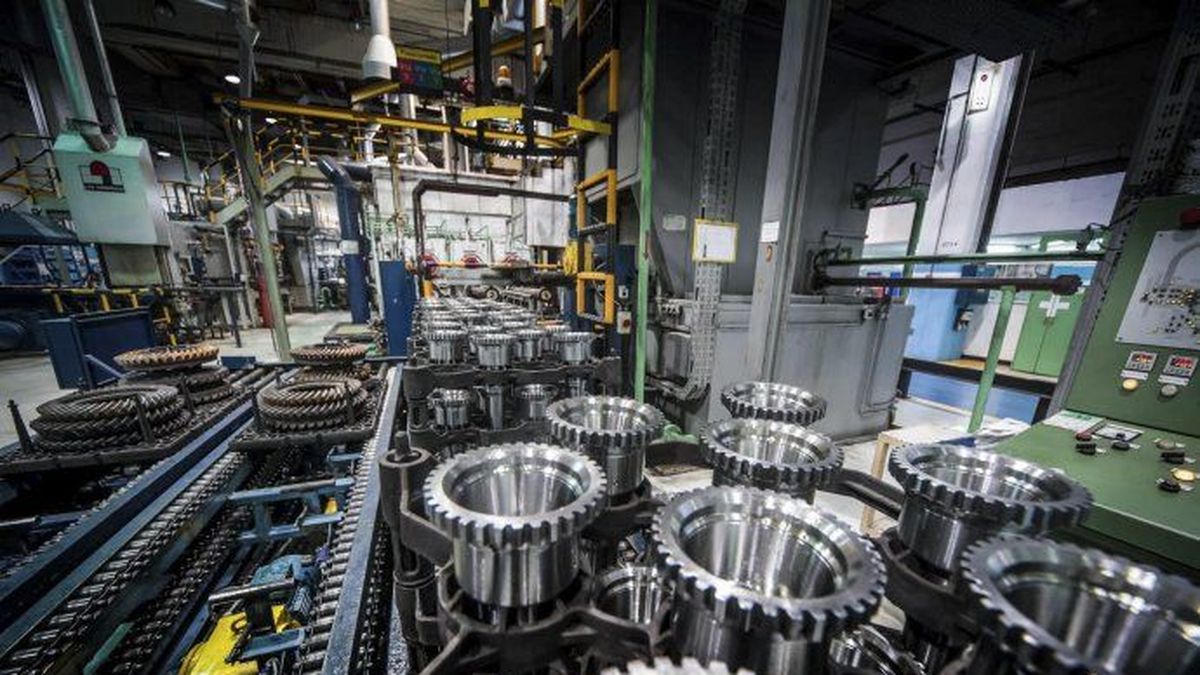With the aim of boosting economic activity through private investment, The Government regulated on Friday the Large Investment Incentive Regime (RIGI). It establishes tax, customs and exchange benefits for companies in strategic sectors. Given that the objective of rent maximization It is the one that governs the incentives that the government seeks to give with this measure, There are few obligations that companies that adhere to the regime will have. In this context, industrial SMEs were on alert given the current economic situation.
During the debate in Congress, legislators included an article to make the 20% of the investments is destined for local suppliers. Before the publication of the regulations, which came out last Friday in the Official Gazettethe Argentine Industrial Union (UIA) He had warned that the fine print would determine whether the spirit of the law would be fulfilled in practice.
SMEs complain after RIGI regulation
In a recent report by Argentine SME Industrialists (IPA), one of the central concerns of the sector is the effect of the Large Investment Incentive Regime (RIGI) that Congress sanctioned within the package of the Bases Law, because Its regulations “did not guarantee national integration in Argentine inputs and capital goods, that will boost national production,” Rosato lamented.
Asked about what effect they think the RIGI will have on the situation of SMEs, 43.3% considered that it will not change the current situation; but 38.5% of those surveyed said that the situation for companies will “worsen.” Only 18.3% were confident that investments through the new system would improve their production.
“It is clear that companies that have no direct link to the investments that come through the RIGI, which will particularly affect the energy and mining sectors, do not expect the impact to spill over into improvements in activity in general. The problem is aggravated in the factories that make up the supplier chain, “Because they fear that the conditions of the new law will force investors to buy machinery and supplies from abroad, which will also mean importing labor,” Rosato complained.
Martin Kalosdirector of Epyca Consultants explained: “SMEs are concerned about RIGI because this regulation leaves things as expected, and it is a risk. For example, that the 20% of national component to be used in earthmoving and civil works in general, something that was already obvious by its very nature. It will then be up to the implementing authority to see how it evaluates what is presented to it in each project.”
SME industrialists demand measures to reactivate the sector
Industrial SMEs warn about the situation of suppliers
Who will control the RIGI
The fine print established that the RIGI’s enforcement authority will be the Ministry of Economy. However, there are several positions to be created. Under the minister’s wing, Luis Caputothe “Project Evaluation Committee” is created to evaluate the projects submitted, which will be made up of secretaries of the Executive Branch, to be defined. In addition, the law establishes that a “RIGI Panel” will be created, so that each project can have a particular conflict resolution mechanism. There will be three professionals chosen by public competition.
About As for sanctions for failing to comply with the supplier development chapter, the regulations do not leave anything defined. He says that the “improperly used amount” must be returned, something difficult to stipulate, and a fine or warning will be applied according to the criteria considered by the enforcement authority.
Source: Ambito




